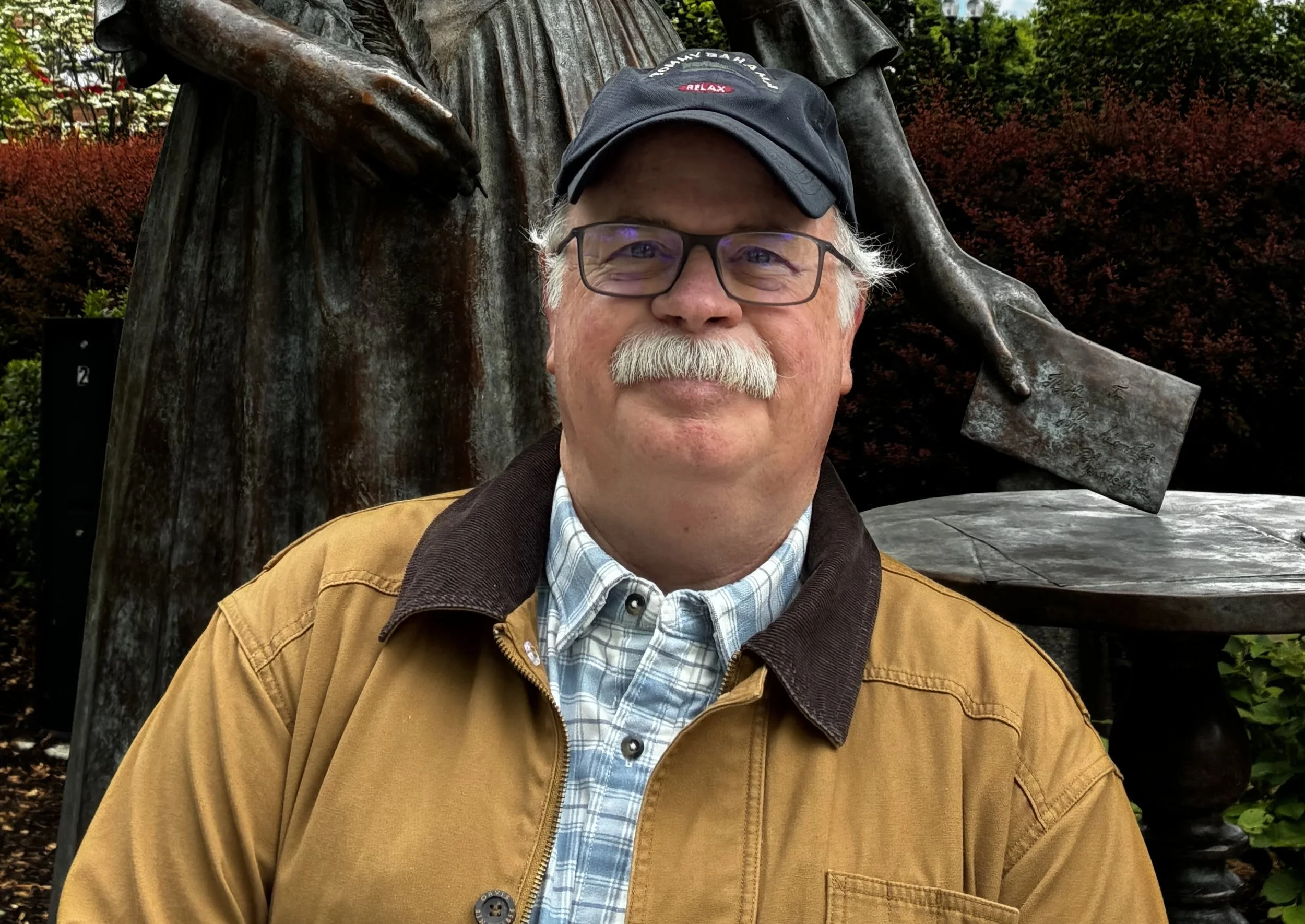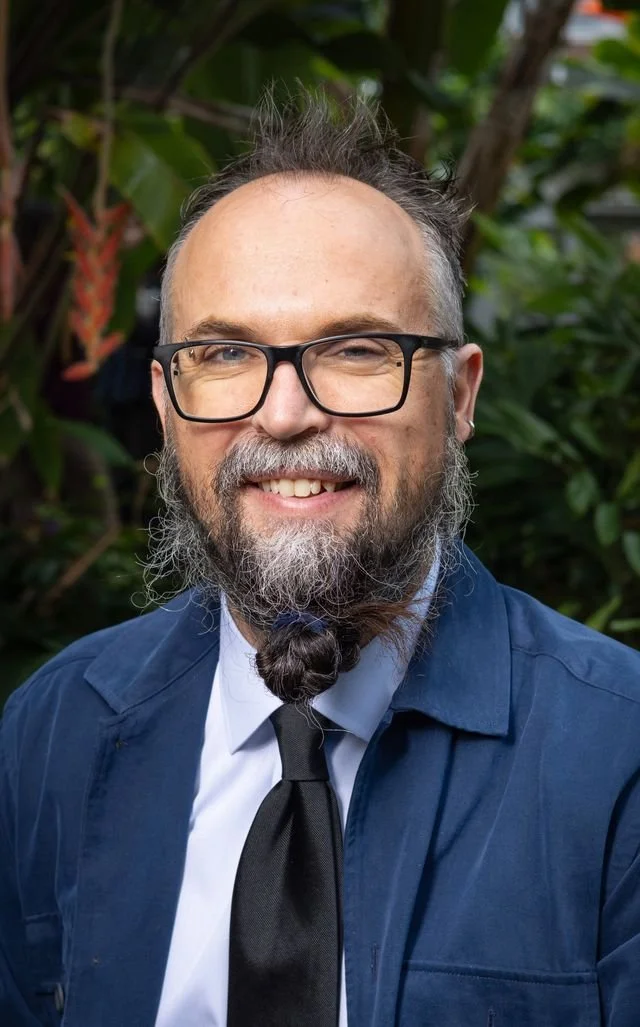Who We Are
GLRF is powered by a cross-disciplinary team dedicated to returning land and stewardship to community care.
Staff
-
Executive Director
Steve Hobbs has negotiated the conservation of hundreds of thousands of acres, and led public funding initiatives that have generated hundreds of millions of dollars over more than 39 years of conservation work.
A hallmark of Steve’s work has been finding conservation solutions that allow for economic development. This entails everything from developing conservation and business strategies for forests and farmland to integrating integrated compensatory mitigation projects with land conservation. Steve has also been the lead in designing and completing among the largest land back projects in the United States, returning more than 52,000 acres to tribal ownership.
Steve holds an M.A. in Ecological Physiology from the University of California, Riverside. Steve’s interests include fishing, baseball and flying.
Board
-
President
Kyle is a faculty member at the University of Michigan. He is founding Faculty Director of the Tishman Center for Social Justice and the Environment, Principal Investigator of the Environmental Justice + Humanities Hub, co-Principal Investigator of the Global Center for Climate Change and Transboundary Waters, Faculty Associate of Native American Studies, Convener of the Secretariat for the Pathways Alliance for Change and Transformation, affiliate Professor of Philosophy, and Senior Fellow in the Michigan Society of Fellows.
Kyle is co-Chair of the Continental Biodiversity and Climate Change Assessment. He is a member of the IPBES Indigenous and Local Knowledge Task Force, the National Academy of Sciences’ Resilient America Roundtable, The Nature Conservancy’s External Science Advisory Board, and the Christensen Fund’s Indigenous Leadership Program.
He is President of the Board of Directors of the Michigan Environmental Justice Coalition and sits on the Energy Equity Project’s Advisory Board and Climate United’s Advisory Council.Previously, Kyle has served as a U.S. Science Envoy and as a member of the White House Environmental Justice Advisory Council. He is an enrolled member of the Citizen Potawatomi Nation.
-
Vice President & Treasurer
Matthew Kamakani Lynch has worked to catalyze transformation within legacy institutions such as Higher Education and Executive Leadership across sectors. He is currently based in Europe where he serves as caregiver to family elders.
He continues to serve as a teaching faculty member on Harvard's Executive Education for Sustainability Leadership program, and is working on a suite of creative and land-based restoration projects.
After almost a decade of public service at the University of Hawaiʻi System, Matthew left to serve as Senior Advisor to Sustʻāinable Molokaiʻs Land Back initiatives where he played a key frontline support role to build the community capacity which led to the establishment of the Molokai Heritage Trust.
-
Secretary
K. Malulani Castro (European settler/kānaka ʻōiwi/Puerto Rican/diaspora) is a doctoral candidate in the Resource Policy and Behavior program at the University of Michigan's School for Environment and Sustainability where he works on issues of Indigenous ecological philosophies and Indigenous political economic organizing.
In that capacity, Malu teaches courses on Indigenous sustainability and Indigenous rights while also providing technical support to land back initiatives.
Malu's scholarly interests lie at the messy intersection of philosophy, ethics, history, finance, spirituality and political action as they pertain to the contemporary land back movement. Malu's research and professional practice rooted in developing a deeper understanding of the real transformational capacity of land back at-large.
-
Board Member
Kehaulani Lum is a kumu, a master teacher of Hawaiian cultural practices, and President of Ali‘i Pauahi Hawaiian Civic Club, a Native Hawaiian organization part of a network of civic clubs founded by elders in the early 20th century to preserve traditional cultural practices, education, and sacred site restoration, as well as to work on social and legislative issues of concern to Kānaka Maoli.
Her kuleana was passed down by her late maternal Grandmother, Harriet Mākia Awana O’Sullivan, a retired DOE teacher and esteemed community leader, who brought her into the club at a young age.
A member of the ‘Aiea Community Association, in the ahupua`a where her family has stewarded ancestral lands for over 100 years, Kehaulani feels blessed to lead Ali‘i Pauahi’s effort to restore the 400-year-old Loko i`a Pā`aiau, the last remaining royal fishpond in Pu`uloa, built by O`ahu Queen Kalanimanuia.
-
Emeritus Board Member
Amber ʻMomiʻ Afelin was born and raised on the island of Molokaʻi where she has worked on grassroots approaches to community-led management of traditional Hawaiian aquaculture and near-shore marine areas.
Momi served as the Lead Community Facilitator for Sustʻāinable Molokaiʻs Land Back initiatives where she guided community efforts to benchmark other successful community-led Land Back efforts, built a shared literacy around special purpose vehicles and potential pathways towards acquisition of Molokai Ranch lands, and filed the Articles of Incorporation which established the Molokai Heritage Trust.
Currently, Momi is a doctoral student in the Population Health Sciences program at Harvard T.H. Chan School of Public Health. Her research interests include the relationship between community ownership and management of land, diet, food sovereignty, and the health of the environment in Hawaiʻi.







